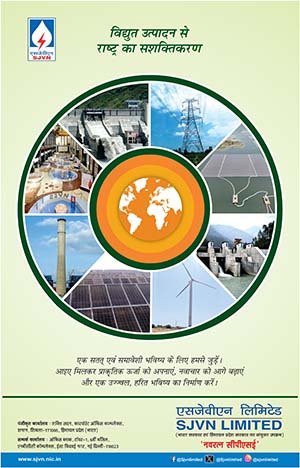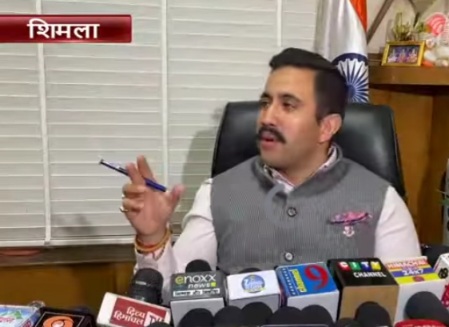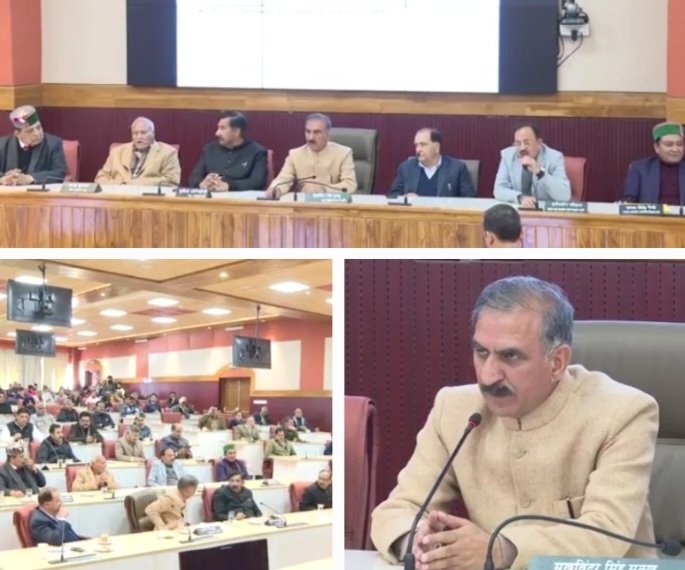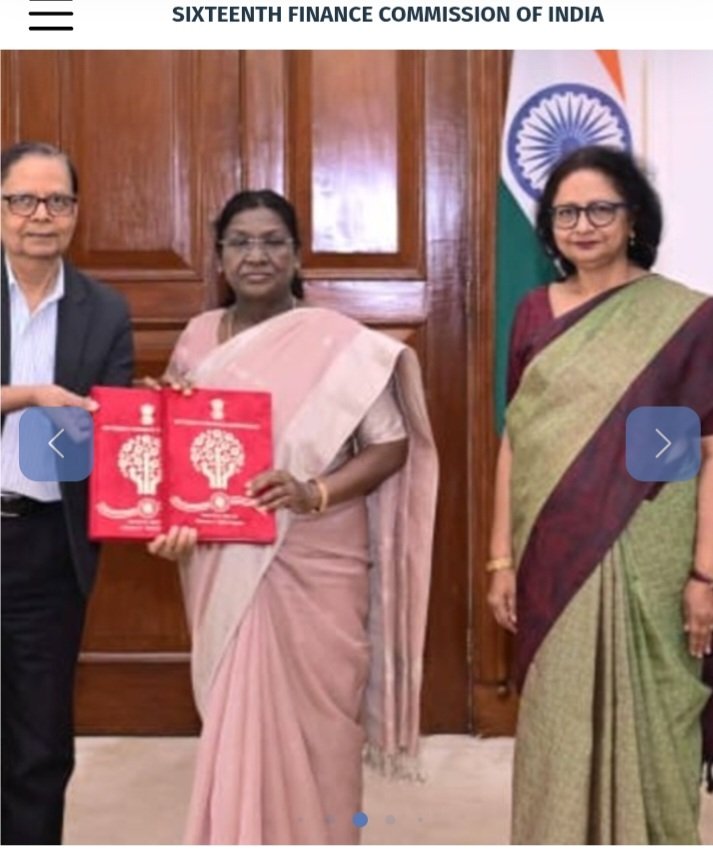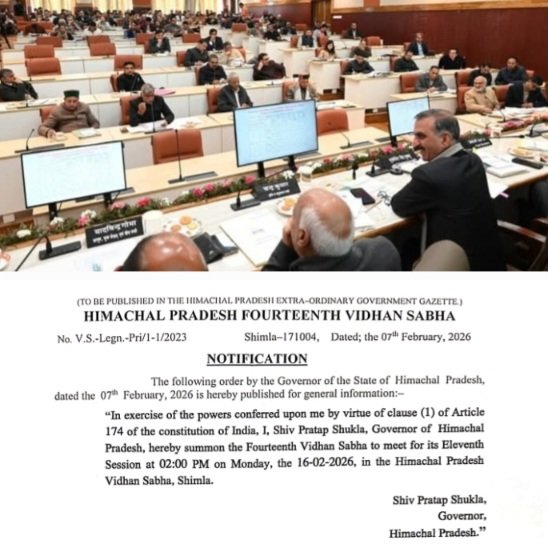State Pitches for More Funds under PMGSY-IV, PWD Minister Claims 'Fast-Track' Progress But Groundwork Raises Questions
Shimla, May 6:
PWD Minister Vikramaditya Singh today claimed that the State has bagged a hefty sanction of Rs. 3,345 crore for 3,123 km of rural roads and 43 bridges under the Pradhan Mantri Gram Sadak Yojana (PMGSY)-III.
Addressing a press conference in Shimla, Singh painted a rosy picture of progress, but the on-ground figures raise some tough questions about pace and priorities.
“Despite various challenges, we have completed 517.33 km of road works so far, incurring an expenditure of Rs. 802.59 crore,” Singh stated. That’s just about 16.5% of the sanctioned road length — a figure that indicates that much of the work is yet to get off the ground, even as money continues to flow.
Interestingly, the department has already overshot its expenditure for the financial year 2024-25.
“We spent Rs. 905 crore against an allocation of Rs. 650 crore,” Singh admitted, adding that the State has now requested the Centre to double the funding to Rs. 1,300 crore for 2025-26.
The request, while ambitious, could raise eyebrows in Delhi considering the gap between approvals and execution.
The Minister also pitched the next phase — PMGSY-IV — as a work-in-progress. Out of 1,560 habitations mapped so far, 1,115 have been found eligible by the Ministry of Rural Development, he said.
Of these, 862 habitations — including 102 under Stage-I — have already received approvals.
Singh highlighted that a delegation from the National Rural Infrastructure Development Agency (NRIDA) visited Shimla on May 2-3, following his meeting with the Union Minister for Rural Development on April 30.
“They assured us that the 247 habitations earlier rejected would now be reconsidered case-by-case,” he said.
He also claimed that land availability has been confirmed in 151 of these 247 cases, and the State has asked for their prompt approval.
Once we get green signal, Singh said the department would be able to prepare 250 Detailed Project Reports (DPRs) covering another 1,400 km of roads.
“We are working in fast-track mode to ensure timely delivery,” he said, though critics may note that similar promises made under earlier phases remain far from full realization.
While the department thumps its chest over sanctions and expenditure, locals in many rural pockets still wait for proper road access — a reality check the government cannot afford to ignore.



